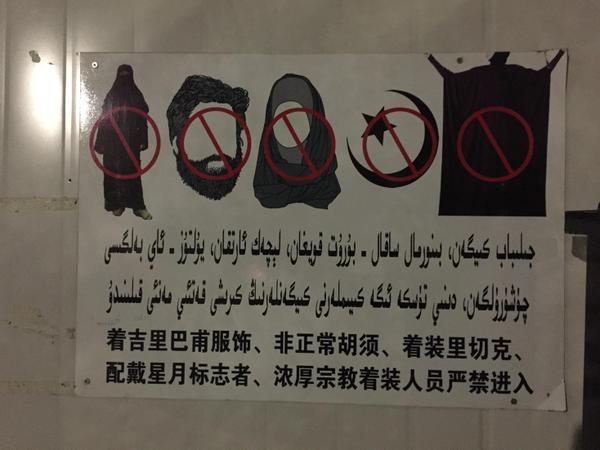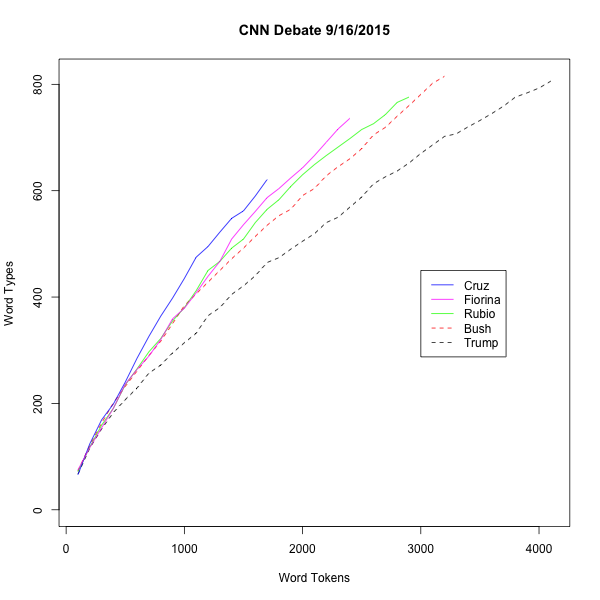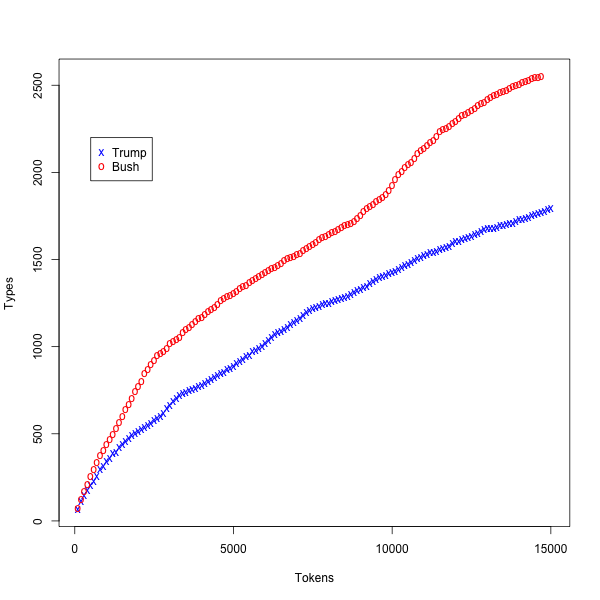Outlawed Uyghur names
The Chinese government is troubled by the ongoing unrest in Xinjiang, the westernmost region of the country. The authorities attribute the turmoil to what they refer to as religious extremism, which, they believe, leads to terrorism. Moreover, religious extremism also foments separatism, which the government is dead set against. In an effort to reduce the impact of religious extremism, the government bans many cultural practices that they assert are manifestations of undesirable ideological tendencies.
Here, for example, is a sign that was posted outside hospital in Yining forbidding the burka, unusual facial hair, the hijab, the symbolism of the crescent moon with star, and any apparel conveying pronounced religious sentiments:

(Photograph courtesy of an anonymous colleague)
Read the rest of this entry »



